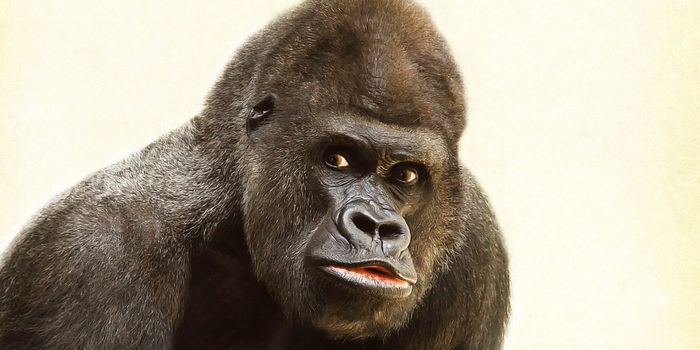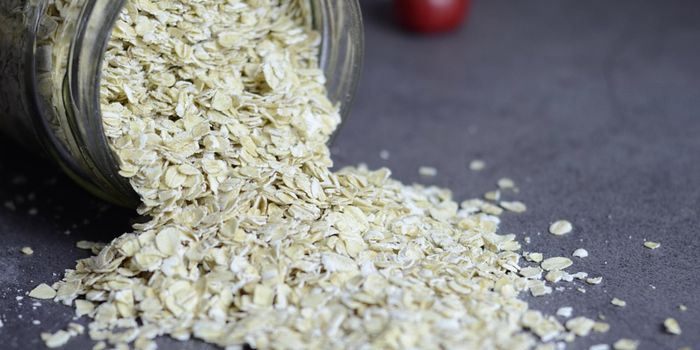Short Term Vegan Diet Linked to a More Youthful Epigenetic Clock
Most of us measure our ages chronologically, but recently, scientists have developed a way to measure biological age using a so-called epigenetic clock. Epigenetics refers to the many characteristics of the genome that can affect gene expression but don't involve changes in the sequence of DNA. These might include structural factors that open up various parts of the genome for cellular machinery so genes can be expressed, or bring parts of the genome close together. They may also refer to methyl tags that adorn DNA. It is this methylation that is used in the epigenetic clock.
Scientists have also used the epigenetic clock to get a sense of how different diets can affect human health. Some of these studies have identified differences in methylation patterns among people who are vegetarian or omnivores. Research has also indicated that diets that include more vegetables, fruits, and whole grains, and fewer red meats, added sugars, and fats, can have a positive impact on the epigenome.
A study reported in BMC Genomics has now shown that short term vegan diets, which exclude all animal and animal-derived products including meat, fish, and dairy, can reduce biological age as measured by the epigenetic clock, or methylation patterns in the genome.
This study was small, but involved 21 pairs of identical, adult twins. Participants were an average age of 40, and 77 percent of the individuals in the study were women. For the first half of the study, the volunteers consumed meals that had been made for them, but ate meals they prepared themselves during the second half of the study (after receiving some lessons). One individual from each twin pair consumed an omnivorous diet for eight weeks, which included 170 to 225 grams (six to nine ounces) of meat, one egg, and one and a half servings of dairy daily, while the other twin was restricted to a vegan diet for the same period of time.
DNA methylation patterns were assessed at the start of the study, at the midpoint, and at the end. The results indicated that participants who consumed a vegan diet had decreases in their biological age, while the omnivores did not. There were differences in a variety of aspects of health, including changes in the cardiac, endocrine, metabolic, and immune systems.
However, the study authors noted that the vegan dieters also lost an average of two kilograms (4.4 pounds) during the study, probably because the caloric content of their meals was reduced compared to the omnivores' diets. Thus, we can't know exactly which changes were specifically because of a vegan diet. Weight loss variations may also be playing a role in the observed reductions in biological age.
More research will be necessary to understand how short term vegan diets might benefit health, but this study has provided support for the idea that such diets can induce positive changes in the epigenome.
Sources: BioMed Central, BMC Genomics









